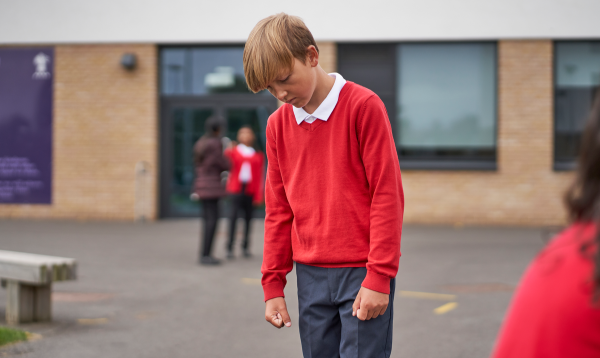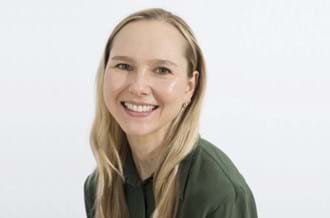Sector leaders unite in call for rethinking approach to reducing school exclusions
During Mental Health Awareness Week, Place2Be hosted a cross-sector roundtable to discuss the impact of school exclusions and identify practical solutions to better support children and young people.

Chaired by former Director of Mental Health for Public Health England, Gregor Henderson, the session brought together leading figures from the education, health, justice, and voluntary sectors to focus on the solutions to reducing exclusions and suspensions.
Speakers highlighted the growing concern about school exclusion or suspension. They also discussed the connection between poor mental health and school exclusion, highlighted by evidence from Place2Be’s published research.
Some of the practical solutions identified by the group were:
- more understanding of the individual child's needs, including improved assessment identifying which children and young people need help and are more at risk of exclusion
- recognition of the importance of good relationships to give a child or young person the best start in life
- promoting a school culture which sees the nurturing approaches of targeted mental health support adopted throughout the school, as part of a whole-school approach to wellbeing and inclusion, from Governors and School Leadership to classroom support staff
- building and developing a school workforce with a better understanding of child development, mental health and risk factors, including incorporating mental health into all teacher training; this should include training for teaching assistants too
- involving parents and families, supporting them to help their children to move forward through mental health training and advice
- the need for high-quality and regulated Alternative Provision for children who are not in mainstream school
- better data to examine the scale and impact of the problem; and better sharing of this data
- school governing bodies to have the skills to understand children’s needs; and their role in addressing these needs
- providing specialist, targeted mental health support within all UK schools, which is proven to help reduce the number of exclusions.
The group unanimously agreed that a multi-agency, integrated approach is needed to join up solutions to address the underlying causes that lead to exclusions and suspensions. We have agreed to continue working together to share learnings and best practices as part of our shared mission to improve life chances and educational outcomes for some of society’s most vulnerable young people.
Read a detailed summary of the roundtable, and its outcomes.
News & blogs

The Young BAFTA Roadshow with Place2Be arrives in Enfield
The Young BAFTA Roadshow with Place2Be arrives in Enfield on 1 July 2025.
Read more
Uniting health and schools to improve mental health
Read Place2Be Chief Executive, Catherine Roche's, thoughts on uniting health and schools to improve mental health.
Read more
Bukhman Philanthropies Partners with Place2Be to Support Children and Young People’s Mental Health
Read about Bukhman Philanthropies' partnership with Place2Be to support Children and Young People’s Mental Health
Read more



